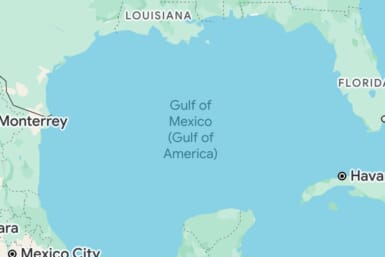Survivors of the atomic bombings in Hiroshima and Nagasaki in 1945 bear physical scars for the rest of their lives. Scientists now believe that they may also carry something in their genes.
Marking the anniversary of the Hiroshima bombings, scientists from Japan and South Korea agreed on conducting a joint research project into the possible hereditary effects of radiation exposure. While similar studies have been undertaken by the Japan-US research organization Radiation Effects Research Foundation, the new study is aimed at enacting a legislation to provide medical assistance for South Korean survivors, reports the Asahi Shimbun.
The research team will analyze genes through blood samples from about 100 families in Hapcheon, Gyeongsangnam-do, which is home to one-third of all atomic bomb survivors in the country. As of July, there were 2,662 registered atomic bomb survivors in South Korea, according to the Korean Red Cross. A 2004 survey commissioned by the South Korean government found that both the survivors and their children are prone to heart and thyroid diseases. Second and third generation survivors are entitled to medical assistance under an ordinance in Gyeongsangnam-do. South Korea hopes the new research will prompt the government to pass a legislation that will expand medical assistance to survivors across the country. In Japan, survivors’ children are not eligible for the Atomic Bomb Survivors’ Assistance Law.









